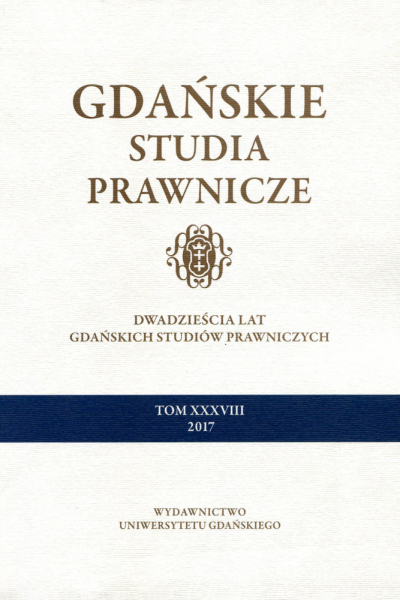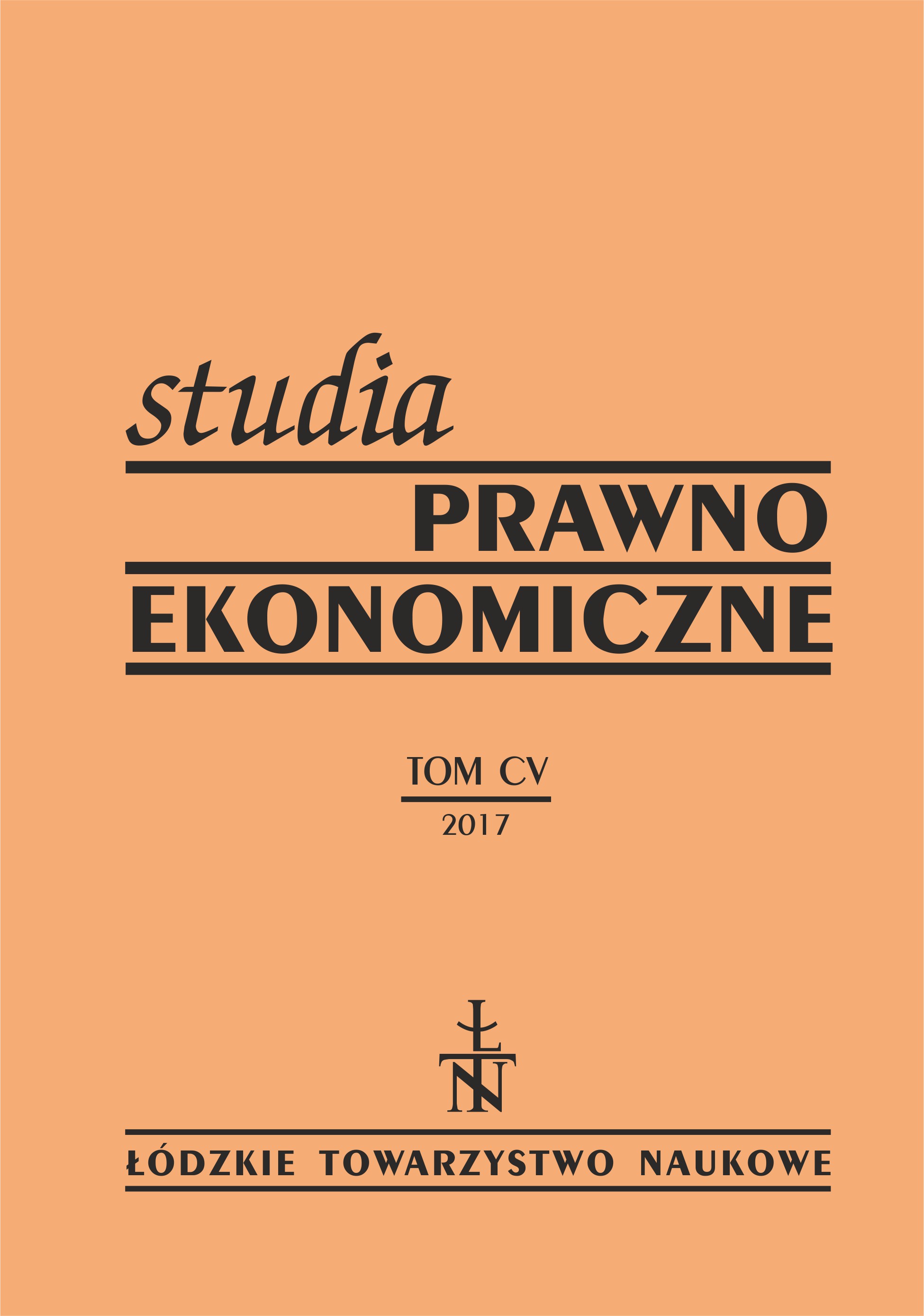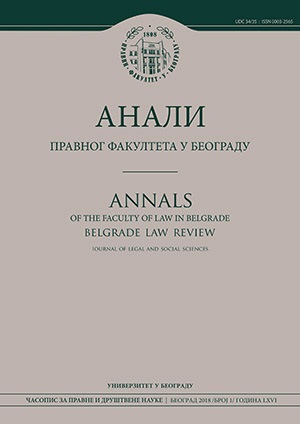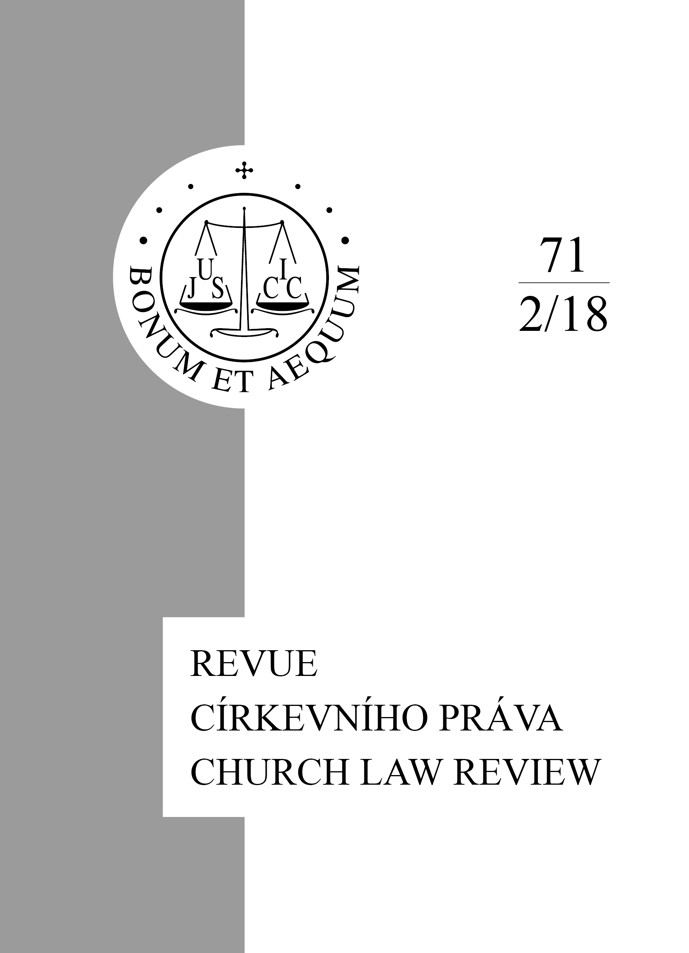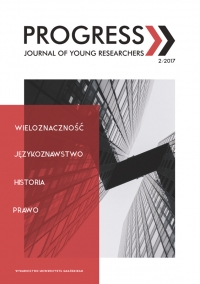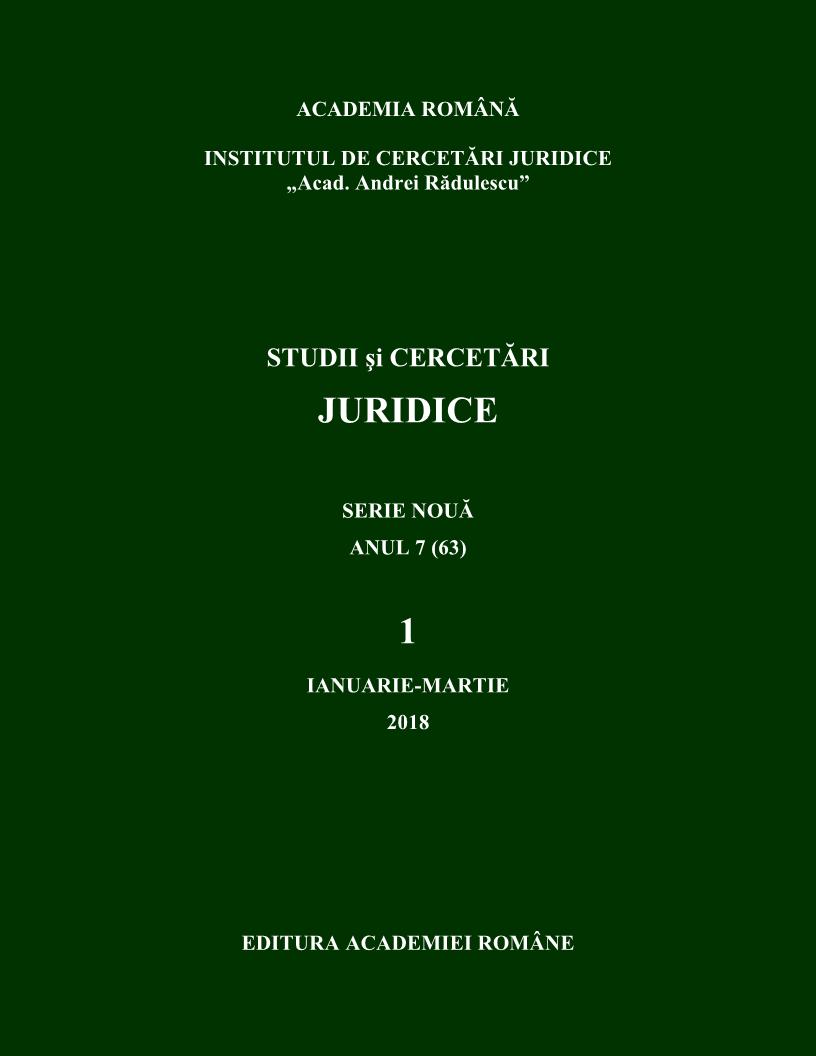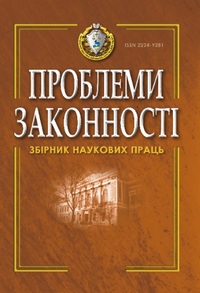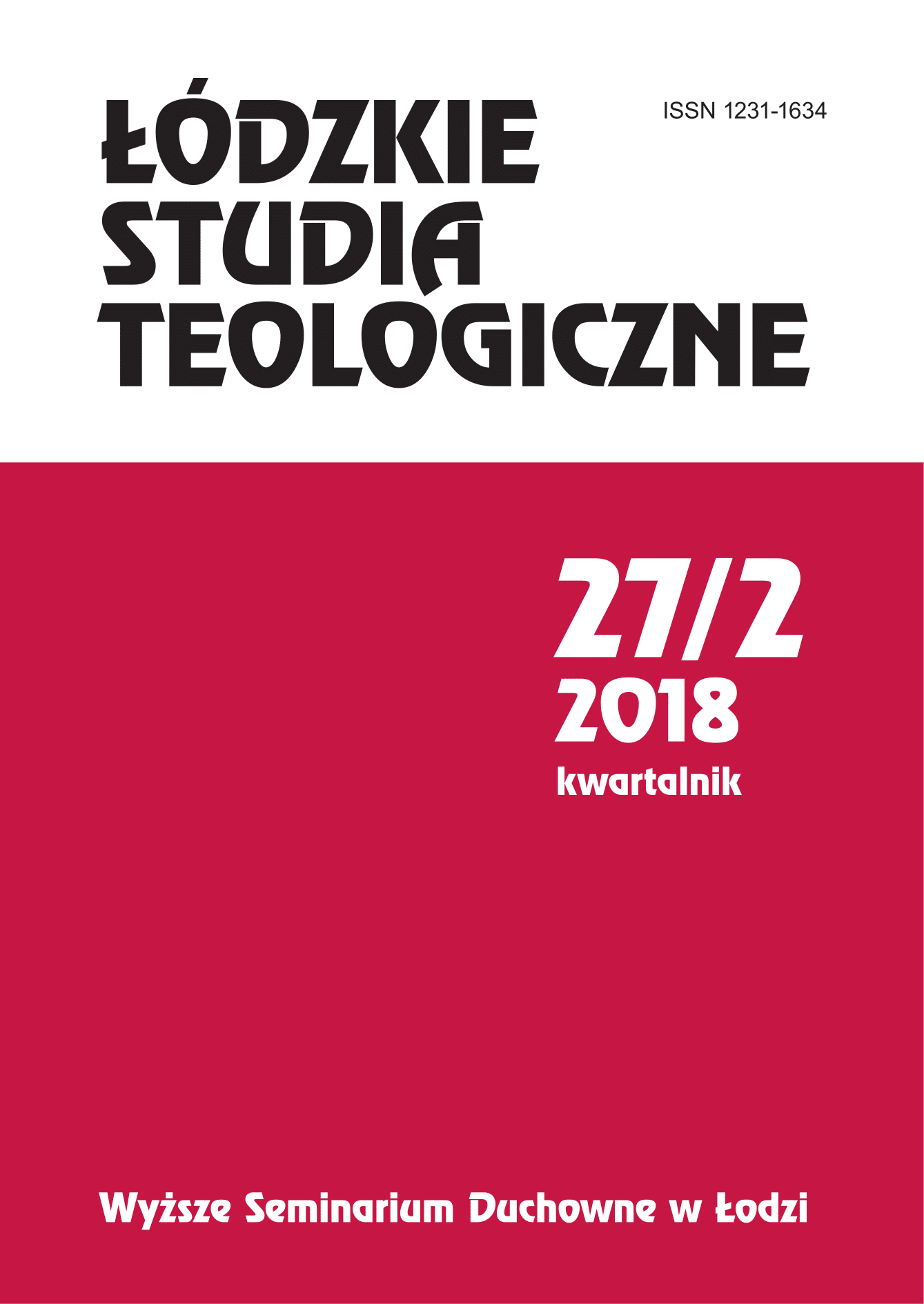Author(s): Mircea Dutu / Language(s): Romanian
Issue: 1/2018
The analysis of the past century of Romanian legal science and culture is needed, on the one hand, as a anniversary of the Centenary of completion of the unification of the modern Romanian state (The Great Union, 1918), and, on the other hand, as a continuation of the effort initiated immediately after World War I by Acad. Andrei Rădulescu, of presenting the Romanian cultural and juridical development in the previous 100 years. In this context, the hereby study aims to reveal the evolution of the legal culture post-1918 and under the momentum of the creation of the Great Romania, by marking the three distinct historical periods of this interval: of the great creative and unifying soar (1918-1945), of the communist experiment (1946-1989), and of the re-Europeanization in the context of globalization (1989-present), each bearing particular sub-parts, by their objectives and significance. The key issue raised back then by A. Rădulescu, and that still remains valuable up to this day, with a special significance in the post-modern age, is that of modernization (now, as re-Europeanization in the context of globalization) by reception of Western law, but in respect of the preexisting, mostly Roman, inheritance. The undisputable, “original” allegiance to the European legal culture, mainly by perpetuating the Roman tradition in Romanian law, both old and modern are a constant of the national legal civilization, expressed specifically in the different historical ages, but always keeping an important, unquestionable, place. The first part of the study, published in the hereby issue of the magazine, after a series of theoretical and conceptual considerations (related to the concepts of culture, traditions, juridical science, and the clarification of the meanings of the phrase “Romanian legal culture”) presents, at first, the impact of the completion of the national unity of all Romanians upon the State construction and the State itself, as legal representative of the nation. Therewith, there has been an ample process of legislative unification of the regime of juridical professions and administrative structures. Afterwards, we reveal the progress of doctrine and case law (the first unification and identity reevaluations, developments of distinct branches of law), Romanian juridical thinking as seen from abroad (Del Vecchio, W. Sauer), the contributions to global legal science (by the works of V.V. Pella, P. Negulescu, N. Titulescu), the official consultative legal structures, the professional and scientific associations, legal magazines, the evolution of legal education, the creation of an academic structure of recognition and consecration, etc. The crisis of “legal values” which marked the first part of the fifth decade of the past century, followed by the geo-strategical consequences of World War II, have led to the abrupt end of the great creative soar of the Romanian legal culture in the interwar period, and to the beginning of a transitional period to the “communist experiment”, Soviet-oriented, imposed by the creation of the “Iron Curtain” between East and West.
More...
